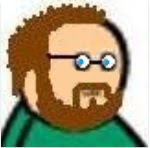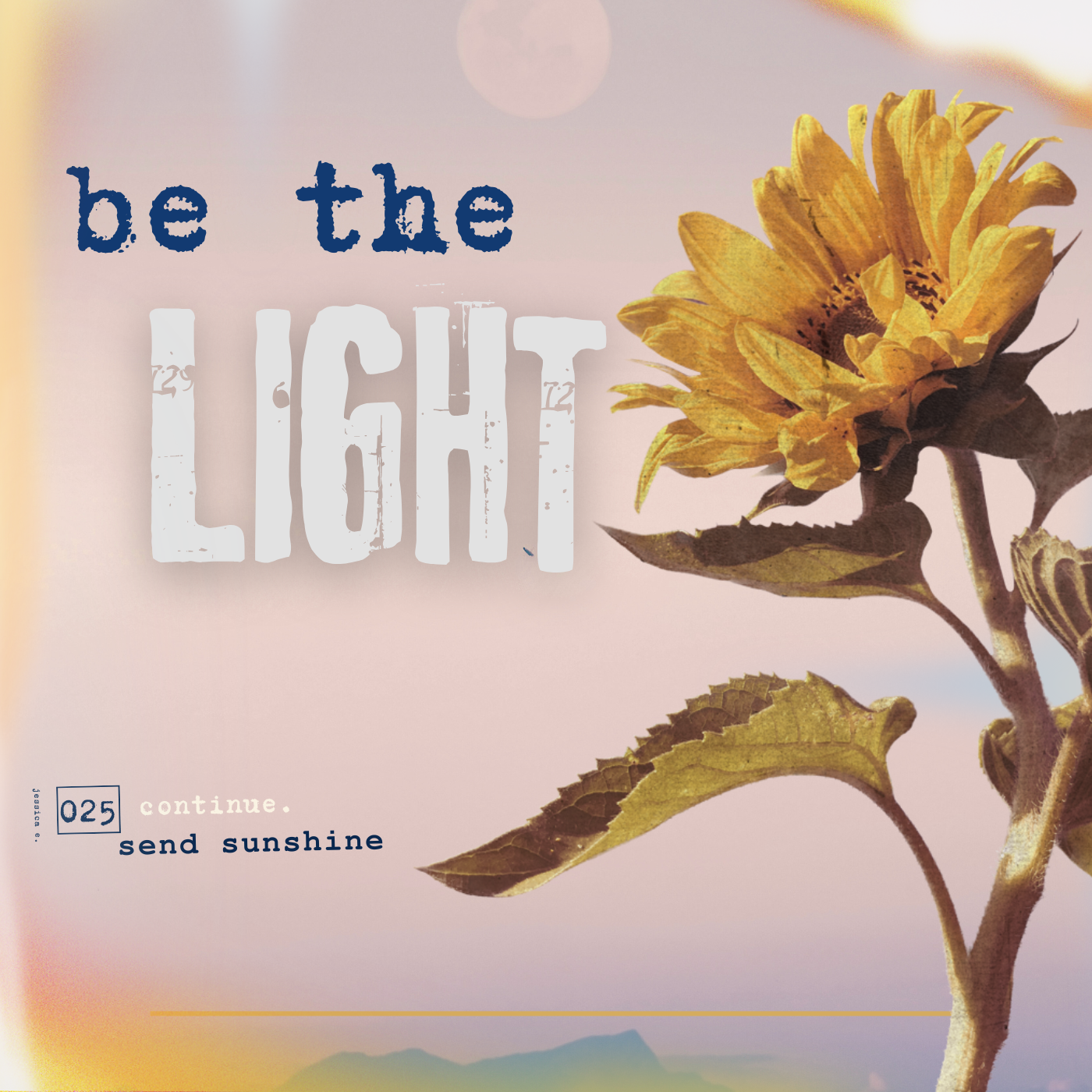
From age 7 to 17 I was a regular player with three separate surrounding street-hockey neighbourhoods and on the rare evenings that all three were simultaneously dormant, I was out in front of my house with my net and targets, practicing with Gretzky-like dedication. Spending far more time at the game than anyone else, it’s no surprise that I developed into a street-hockey star. As a teenager I never met a more skilled player. Whichever side I played for almost always won. I remember being encouraging to other kids. “Nice shot” or “Nice pass,” I’d say, with a clap on the back.
My dominance did not translate to the ice though. I had no skating skills and what worked with a tennis ball did not work with a puck. Whenever we moved the game to a frozen pond I went from king of the hill to one of the players of least impact. The guys who looked up to me on the street were now the ones nurturing me on the ice. “Nice shot” or “Nice pass,” they’d say and clap me on the back!
Obviously I preferred to play on the street then, right?
No. While street hockey was a constant joy, pond hockey was utopia. On the street I’d collect a stack of goals every game. Business as usual. But on the ice, scoring one goal took hard work and good fortune and was cause for great celebration. There is no sense of accomplishment without a challenge.
My friends were better than I at ice hockey because in addition to our pond games they all played “organized” ice hockey in arenas with uniforms to declare who the good guys and bad guys were, and referees to blow the whistle and stop the play, and comfortable wooden benches to sit on during all the shifts they were missing. Because with organized hockey you have to share the puck with 29 other kids so you only play twelve on the ice at a time. With pond hockey you have maybe ten kids total. Everyone plays the whole game and everyone gets the puck a lot.
Organized hockey has stiff boards used for cycling systems and dump-and-chase systems and occasionally you hit the boards the wrong way and you get injured and everyone claps for you when you finally limp back to the bench.
Pond hockey has snow banks which don’t facilitate systems. They merely compose a frame, and what is framed on that icy canvas of imagination is an artwork of creativity; skating, deeking, passing and improvising. And when you get knocked into the snow bank, everyone laughs, you most of all, and no one gets hurt.
Organized hockey has helmets and cages that make it harder to see things.
Pond hockey has toques with pompoms. And if someone laughs at your pompom you knock him in the snow bank.
Organized hockey has a lot of rules to keep everyone safe and reasons to stop what you’re doing and go back to the face-off circle and start over.
Pond hockey has friends on both teams who don’t want to hurt each other.
Organized hockey has red and blue lines so the refs have even more reasons to blow the whistle and stop everything.
Pond hockey says, Really? What the hell is that all about?
Organized hockey costs more money than many families can begin to contemplate.
Pond hockey is free. Sometimes you need a dad to create the pond so you need to buy or scavenge a few boards and some water.
Organized hockey has parents who behave like incorrigible maniacs whose very lives seem to depend on you defeating the evil boys on the other team.
Pond hockey has Dave’s dad who sometimes comes out and plays a game or two, watches another one and then goes home happy.
Organized hockey has stressed out coaches telling you what to do, helping you develop skills or systems and either praising you or giving you shit.
Pond hockey has freedom.
Organized hockey labels you winners and losers. You either go home relieved not to be the loser, or else resigned to being the loser.
Pond hockey has games up to five and then you switch the teams. Everybody wins some and loses some and by the time you get home you don’t remember. And there is no press waiting for the results so they can inform your municipality or your school community whether they too should feel like winners or losers.
Organized hockey has parents giving up lives of their own to drive you to arenas; sometimes in other cities. Lots of cars. Lots of pollution to choke on.
Pond hockey has Scott getting too close to the stream to fetch an errant puck and plunging through the ice, knee-deep in water, and everyone else rolling on the ice, just about asphyxiating from uncontrollable laughter.
Pond hockey also has frozen toes, illegal stick dimensions and brothers playing with brothers despite their age difference. Pond hockey has thousands of kids who will not make the NHL and one kid who stays behind in the gloomy dusk after the others go home, practicing his skating and knowing he’s getting better and pretending, just for a moment that he is Guy Lafleur.
Organized hockey has thousands of kids who will not make the NHL and too many parents who don’t seem to know it.
As I was driving to Strat-o the other night; an enterprise of abject hockey lunacy which I can not possibly defend in this space, I was thinking about organized sports for kids and trying to come up with one good reason why we have them.
I’m still trying.
My dominance did not translate to the ice though. I had no skating skills and what worked with a tennis ball did not work with a puck. Whenever we moved the game to a frozen pond I went from king of the hill to one of the players of least impact. The guys who looked up to me on the street were now the ones nurturing me on the ice. “Nice shot” or “Nice pass,” they’d say and clap me on the back!
Obviously I preferred to play on the street then, right?
No. While street hockey was a constant joy, pond hockey was utopia. On the street I’d collect a stack of goals every game. Business as usual. But on the ice, scoring one goal took hard work and good fortune and was cause for great celebration. There is no sense of accomplishment without a challenge.
My friends were better than I at ice hockey because in addition to our pond games they all played “organized” ice hockey in arenas with uniforms to declare who the good guys and bad guys were, and referees to blow the whistle and stop the play, and comfortable wooden benches to sit on during all the shifts they were missing. Because with organized hockey you have to share the puck with 29 other kids so you only play twelve on the ice at a time. With pond hockey you have maybe ten kids total. Everyone plays the whole game and everyone gets the puck a lot.
Organized hockey has stiff boards used for cycling systems and dump-and-chase systems and occasionally you hit the boards the wrong way and you get injured and everyone claps for you when you finally limp back to the bench.
Pond hockey has snow banks which don’t facilitate systems. They merely compose a frame, and what is framed on that icy canvas of imagination is an artwork of creativity; skating, deeking, passing and improvising. And when you get knocked into the snow bank, everyone laughs, you most of all, and no one gets hurt.
Organized hockey has helmets and cages that make it harder to see things.
Pond hockey has toques with pompoms. And if someone laughs at your pompom you knock him in the snow bank.
Organized hockey has a lot of rules to keep everyone safe and reasons to stop what you’re doing and go back to the face-off circle and start over.
Pond hockey has friends on both teams who don’t want to hurt each other.
Organized hockey has red and blue lines so the refs have even more reasons to blow the whistle and stop everything.
Pond hockey says, Really? What the hell is that all about?
Organized hockey costs more money than many families can begin to contemplate.
Pond hockey is free. Sometimes you need a dad to create the pond so you need to buy or scavenge a few boards and some water.
Organized hockey has parents who behave like incorrigible maniacs whose very lives seem to depend on you defeating the evil boys on the other team.
Pond hockey has Dave’s dad who sometimes comes out and plays a game or two, watches another one and then goes home happy.
Organized hockey has stressed out coaches telling you what to do, helping you develop skills or systems and either praising you or giving you shit.
Pond hockey has freedom.
Organized hockey labels you winners and losers. You either go home relieved not to be the loser, or else resigned to being the loser.
Pond hockey has games up to five and then you switch the teams. Everybody wins some and loses some and by the time you get home you don’t remember. And there is no press waiting for the results so they can inform your municipality or your school community whether they too should feel like winners or losers.
Organized hockey has parents giving up lives of their own to drive you to arenas; sometimes in other cities. Lots of cars. Lots of pollution to choke on.
Pond hockey has Scott getting too close to the stream to fetch an errant puck and plunging through the ice, knee-deep in water, and everyone else rolling on the ice, just about asphyxiating from uncontrollable laughter.
Pond hockey also has frozen toes, illegal stick dimensions and brothers playing with brothers despite their age difference. Pond hockey has thousands of kids who will not make the NHL and one kid who stays behind in the gloomy dusk after the others go home, practicing his skating and knowing he’s getting better and pretending, just for a moment that he is Guy Lafleur.
Organized hockey has thousands of kids who will not make the NHL and too many parents who don’t seem to know it.
As I was driving to Strat-o the other night; an enterprise of abject hockey lunacy which I can not possibly defend in this space, I was thinking about organized sports for kids and trying to come up with one good reason why we have them.
I’m still trying.










































No comments:
Post a Comment